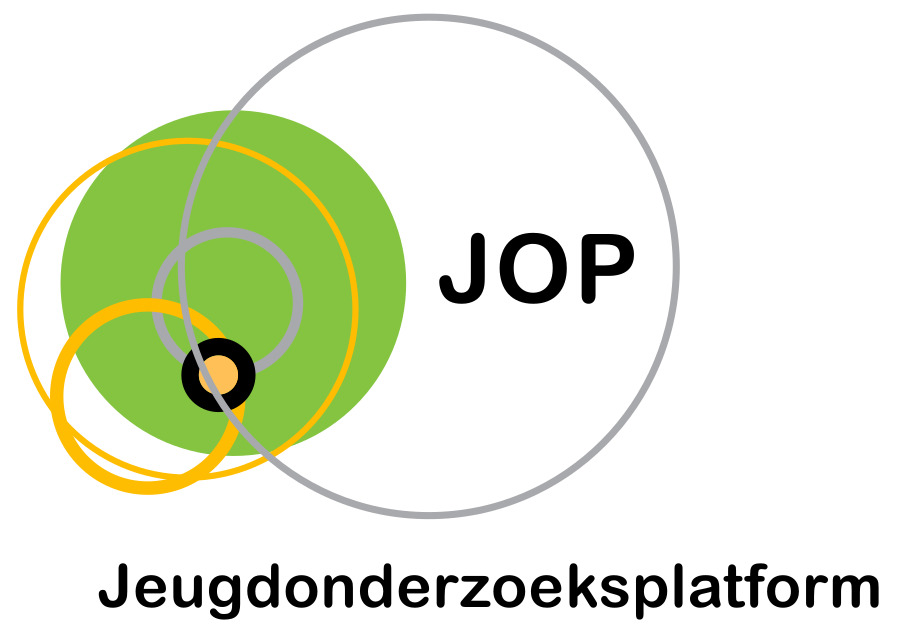Metacognition and motivation as predictors for mathematics performance of Belgian elementary school children.
Auteurs
Desoete, A., Baten, E., Vercaemst, V., De Busschere, A., Baudonck, M., & Vanhaeke, J. (2019).

Abstract
In deze bijdrage onderzoeken we de rol van metacognitieve postdictieve (tegenover predictief) vaardigheden, intrinsieke motivatie en eerdere vlotheid in wiskunde als ‘neiging’ factoren in een kansneiging (K-N) model van leren. We testen Belgische kinderen tussen het eerste en zede jaar in januari en juni. Deze studie toonde aan dat er overlappende maar verschillende voorspellers zijn van mathematische accuraatheid en vlotheid, wat ons aanzette tot de praktische aanbeveling voor leraren om aandacht voor beide aspecten van wiskunde te hebben. De metacognitieve postdictieve vaardigheden van kinderen waren gerelateerd aan de accuraatheid in wiskunde gedurende de hele basisschool. Daarnaast observeerden we dat kinderen hun eigen prestaties slechter evalueerden als ze trager waren in het derde en vierde jaar. Intrinsieke motivatie was gerelateerd aan de accuraatheid, maar niet de vlotheid, in het derde jaar. Eerdere wiskundige accuraatheid was vooral belangrijk als ‘neiging’-factor. Meer dan de helft van de variantie in accuraatheid en minder dan een vijfde van de variantie in vlotheid in januari voorspelde de prestaties van kinderen in juni, een bevinding die duidt op het belang van longitudinale studies waarbij oog is voor eerdere wiskundige vaardigheden. Tot slot observeerden we dat kinderen die slechter presteerden minder intrinsiek gemotiveerd waren, en minder metacognitief accuraat waren. Bovendien overschatten ze hun prestaties vaker dan hun beter presterende leeftijdsgenoten in alle jaren, wat duidt op het belang van aandacht voor deze onderdelen van wiskundige opleiding.
In this paper, we investigate the role of metacognitive postdiction skills, intrinsic motivation and prior proficiency in mathematics as Propensity factors within the opportunity-propensity (O-P) model of learning. We tested Belgian children from Grade 1 till 6 in January and June. The study revealed overlapping yet different predictors for mathematical accuracy and fluency, which led us to the practical recommendation for teachers to pay attention to both aspects of mathematics. The metacognitive postdiction skills of children were related to accuracy in mathematics during the whole elementary school period. In addition, we observed that children evaluated their own performance as worse when they were slower in Grades 3 and 4. Intrinsic motivation was related to accuracy but not to fluency in Grade 3. Especially prior mathematical accuracy mattered as a propensity factor. More than half of the variance in accuracy and less than one-fifth of the variance in fluency in January predicted the performances of children for mathematics in June, a finding that highlights the importance of longitudinal designs including students’ prior mathematical accuracy’ as well. Finally, we observed that poor mathematics performers are less intrinsically motivated, and less metacognitively accurate. Moreover, they overestimate their performances more often than wellperforming peers in all grades, stressing the importance of paying attention to these aspects in mathematics education.
Referentie
Desoete, A., Baten, E., Vercaemst, V., De Busschere, A., Baudonck, M., & Vanhaeke, J. (2019). Metacognition and motivation as predictors for mathematics performance of Belgian elementary school children. ZDM-Mathematics Education, 51(4), 667- 677.
Taal
Engels
Publicatievorm
Tijdschriftartikel
ISBN – DOI
10.1007/s11858-018-01020-w
Trefwoord(en)
Zelfdeterminatie theorie, academische prestaties, kalibratie, model, vaardigheden, kennis, kader, onbewust, metacognitieve accuraatheid, intrinsieke motivatie, eerdere kennis, mathematische accuraatheid, mathematische vlotheid, overschatting
